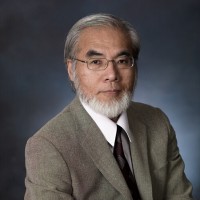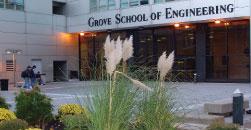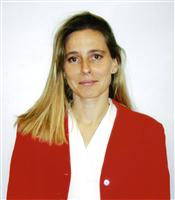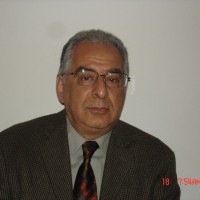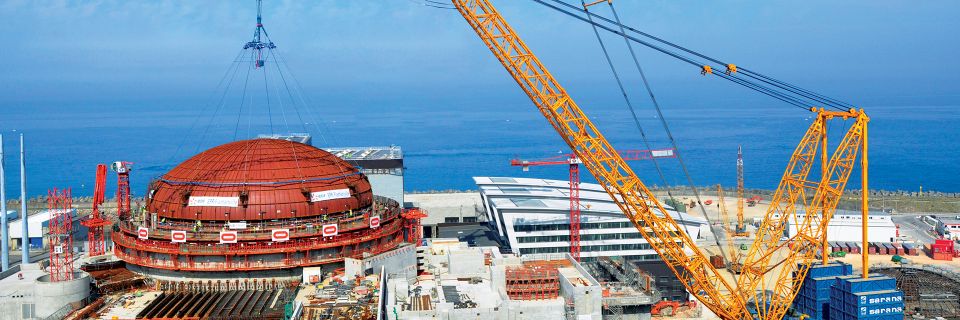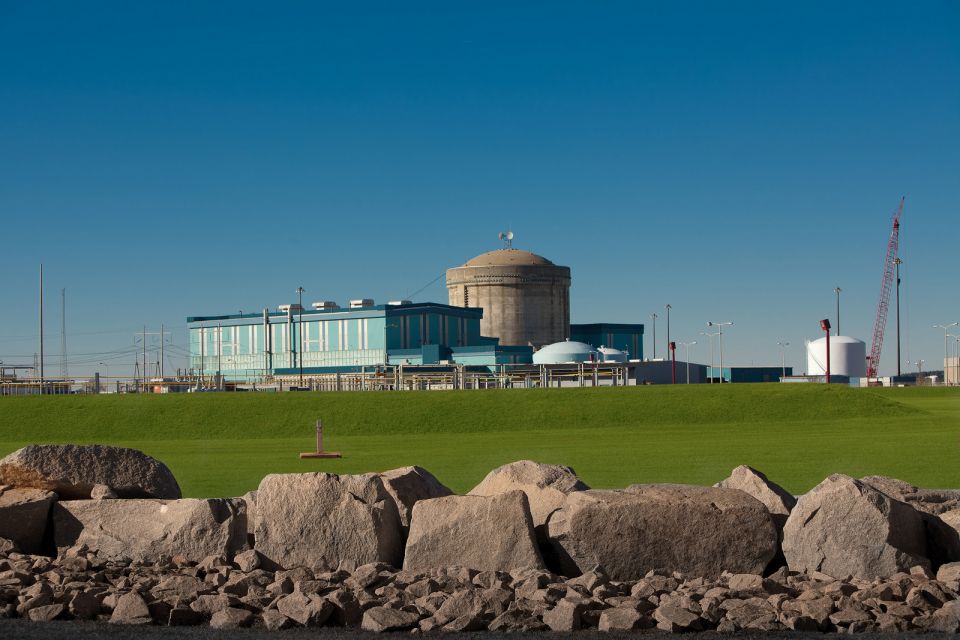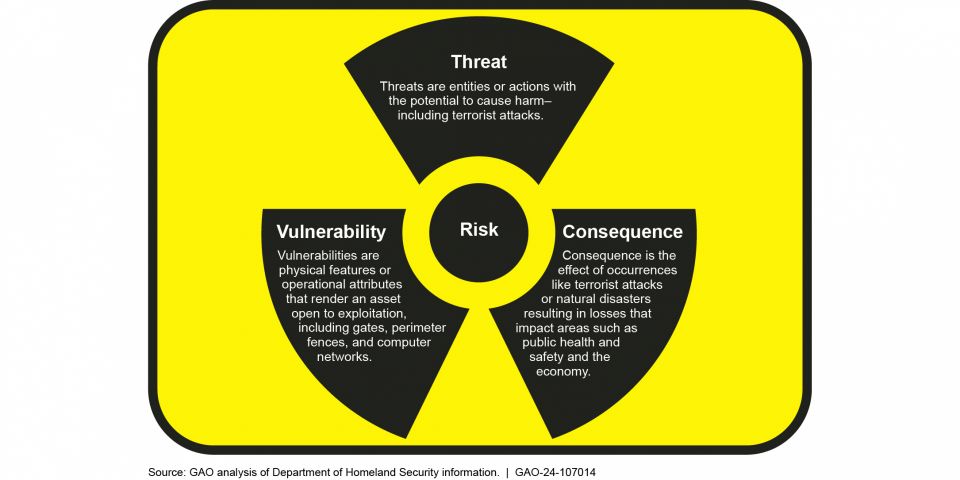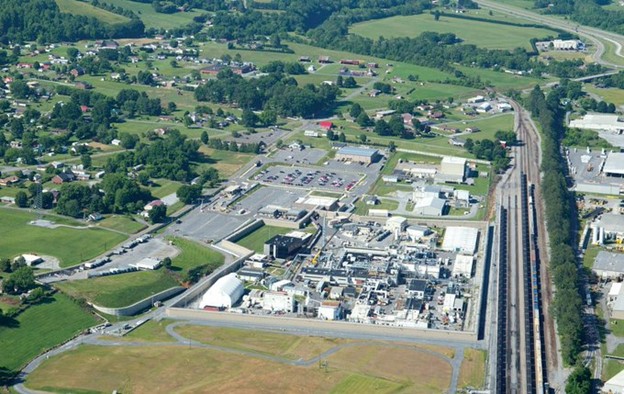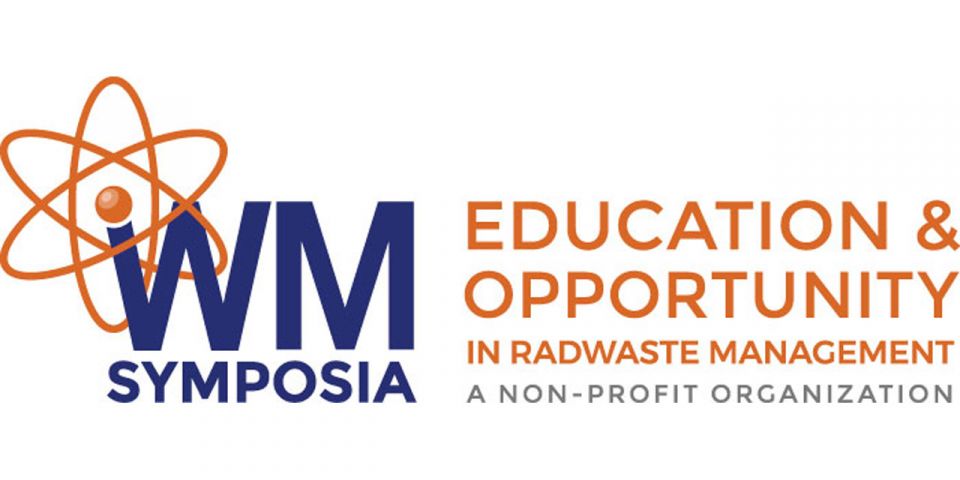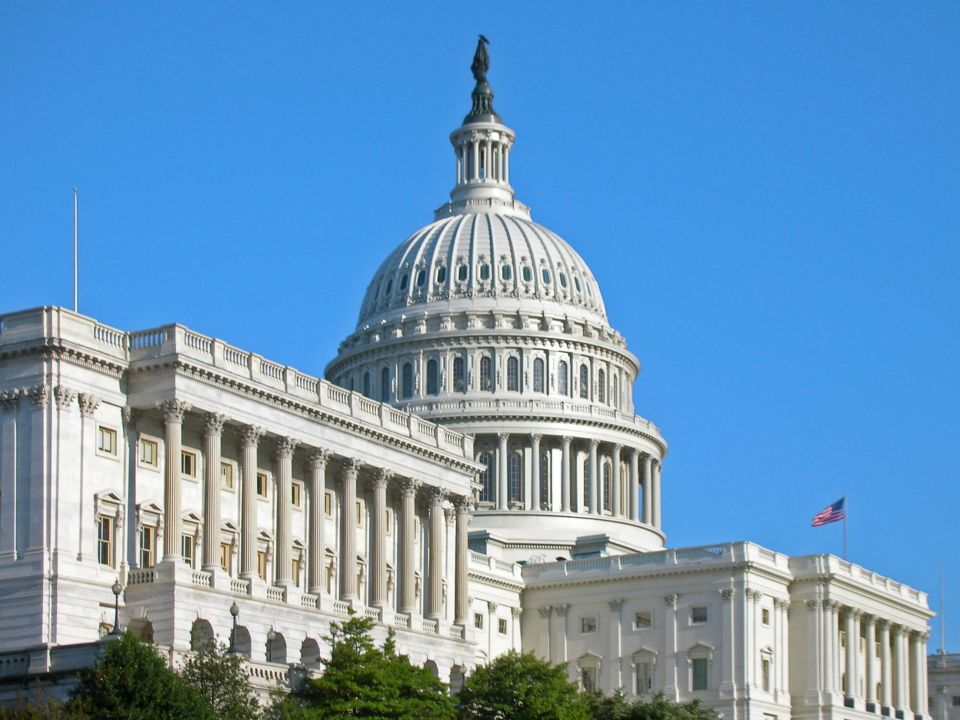ANS welcomes three new student sections
The American Nuclear Society's Board of Directors on June 30 during the ANS Annual Conference in Hollywood, Fla., approved the creation of three new student sections:
Each new section went through an established process to become an official ANS affiliate. "When a school decides they want to form a student section of ANS, they fill out a petition and submit it to the Student Sections Committee," explained Rachel Slaybaugh, SSC chair. "The petition contains information such as the activities they've done so far, what the nuclear program is like at their school and other information about the department, and what process they're using to become an official student section (electing officers, reviewing bylaws and rules, etc.)." The SSC reviews the petitions and makes recommendations.
"The Student Sections Committee made the recommendation at the June meeting to endorse these sections to the Board of Directors, which proceeded to vote unanimously in favor of approval," said William Sames, a member and Web master of the ANS National Student Sections Committee, and the 2011-2013 student member of the ANS Board of Directors. Mentoring partnerships consisting of new and established student sections are encouraged, and the Texas A&M section will be working with the UT-Arlington section in this regard. The three new sections bring the total number of active ANS student sections to 44.
The ANS Nuclear Cafe recently caught up with the faculty advisers for each of the three new ANS student sections to learn more about what's happening with them.
City College of New York
Professor Masahiro Kawaji is the faculty advisory for CCNY.
Having a student section of ANS at CCNY will benefit our students in many ways. First, they will be able to organize and sponsor nuclear engineering-related events for the members, other students, faculty, and guests with full support of the university. They will be able to use the facilities on campus such as the meeting and lecture rooms for these events, which include seminars by guest speakers invited from industry, academia and government agencies, and social events for the students, faculty, and guests from outside CCNY.
The student section will also be able to organize field trips to nuclear power plants, national laboratories, and industrial research and development centers. The section leadership will be encouraged to send some of the members to attend ANS-sponsored meetings and student conferences, so that they will have a chance to meet with nuclear energy (NE) professionals from industry and academia, as well as students from other universities. Previously, all of these activities were organized and handled by the faculty adviser, but now the student section can take the leadership and initiate and expand these NE-related activities.
The vision is to become the center of student-led activities related to nuclear engineering in New York City and the surrounding area, and provide the student members with an opportunity to interact more with the NE professionals in industry (utilities, suppliers, consulting companies, research centers, and government labs such as Brookhaven National Laboratory). In the future, the student section will also be encouraged to work with the ANS New York Metropolitan section to organize an event for NE professionals in the New York area to get together with the student members at CCNY. We will also expand the student membership to include graduate students, and secure an office with a phone and Internet connection so that the members will be able to better communicate with outside organizations.
Virginia Commonwealth University
Professor Sama Bilbao y León is the faculty adviser for VCU.
I think that a student section will help energize the students and will also help channel that energy in positive directions. Even though we have a lot of diversity in nuclear in Virginia, having access to all the resources provided by ANS and being exposed to the U.S. and international nuclear scene provides even greater opportunities to our students. A student section will help the students develop a sense of community and belonging, and to establish stronger ties among the nuclear students within VCU and with other universities. As a faculty, there is nothing better than having enthusiastic and motivated students.
As nuclear engineering program director (particularly in a program as new as ours), I also welcome the feedback and the ideas our students bring to me when they interact with other nuclear students, and of course, any enhancements we can make in our program will directly revert upon our students.
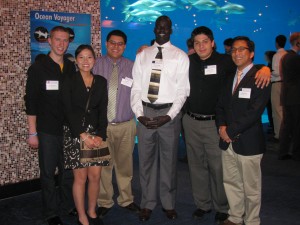
VCU nuclear engineering students (from left) Jeremy Dunay, Thu Ho, Josh Bell, John Deng, Nelson Lopez, and Daniel Daroy
At this point VCU-ANS is focusing in two main areas: Professional Development (PD), and Public Information (PI) and Outreach. PD is a key area for the VCU student section because our program has been focused on nuclear power, so the students feel that it is very important for them to learn about all the other areas of nuclear science and technology. PI is one of the key focus areas for many student sections, and young people tend to be very effective communicators. Thus, our students have quite a few ideas about how to spread the good news about nuclear in our community.
University of Texas-Arlington
Professor Rasool Kenarangui is the faculty adviser for UT-Arlington.
Having an ANS student section here at UT-Arlington can provide an opportunity for each student member to participate in various ANS activities such as listening to inviting guest speakers, attending organizing field trips and social events, and volunteering in outreach program and public awareness events. Through these activities, members can enhance their leadership and professional skills, as well as their future careers. In addition, each member can benefit from receiving and reading Nuclear News magazine and ANS News, having access to ANS's career center, and receiving various discounts on ANS conferences, books, and technical journals.
UT-Arlington is in close proximity to the Comanche Peak nuclear power plant and the Region IV Office of the U.S. Nuclear Regulatory Commission, and there have been indications by some entities to build more new nuclear power plants in this area. In addition, there are a number of small companies in the area that provide services and consultation to these entities. Beginning in fall 2009, the College of Engineering at UT-Arlington began to offer a new undergraduate minor in nuclear engineering.
In this process, there is a great deal of potential for an ANS student section at UT-Arlington to play a major role in advocating the benefit and importance of nuclear energy and introducing advances and new developments in nuclear science and engineering to students on campus and in high schools and to the technical community and technical professionals through organizing seminars and participating in summer camps and workshop activities. At the same time, ANS students will introduce ANS to the non-member students, discuss the benefits of ANS membership, and establish a collaborative relations with other ANS student chapters-in particular, the Texas A&M chapter-to visit and have joint meetings.
____________________


